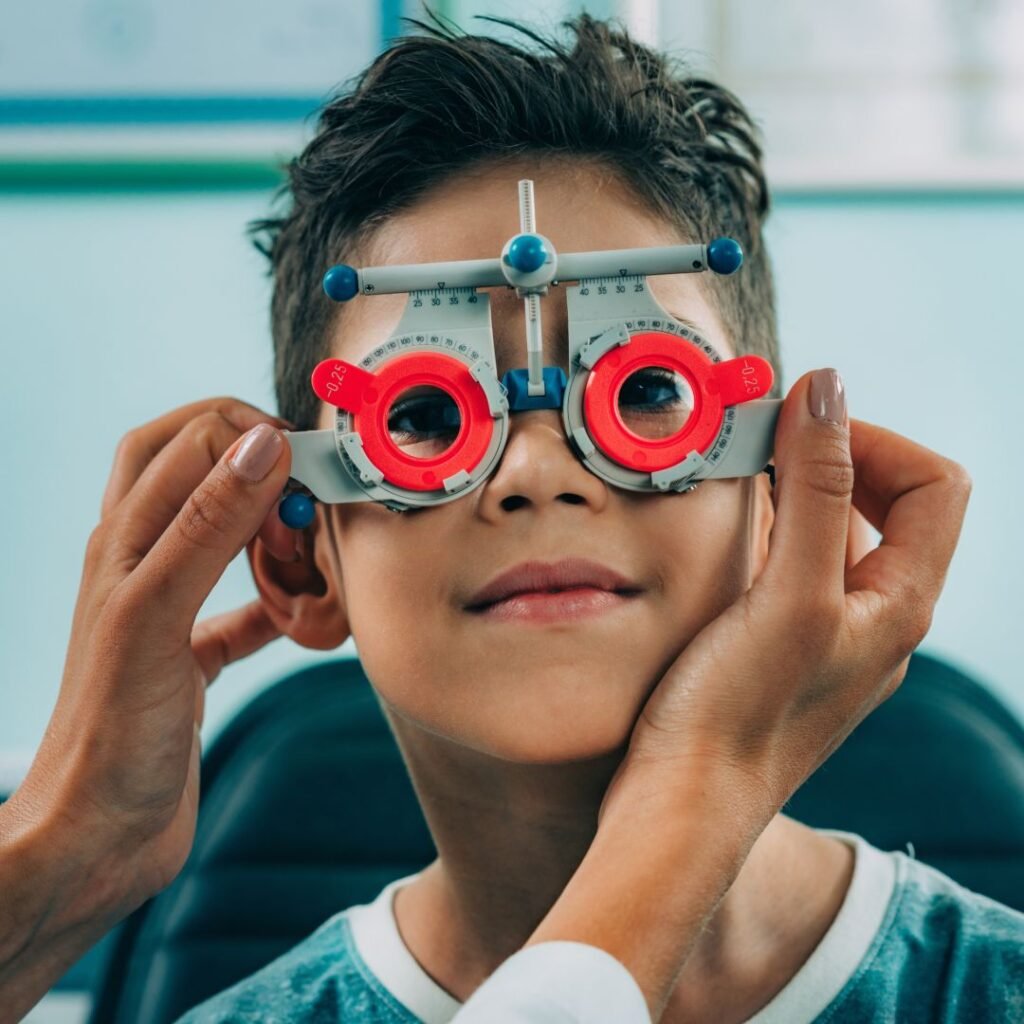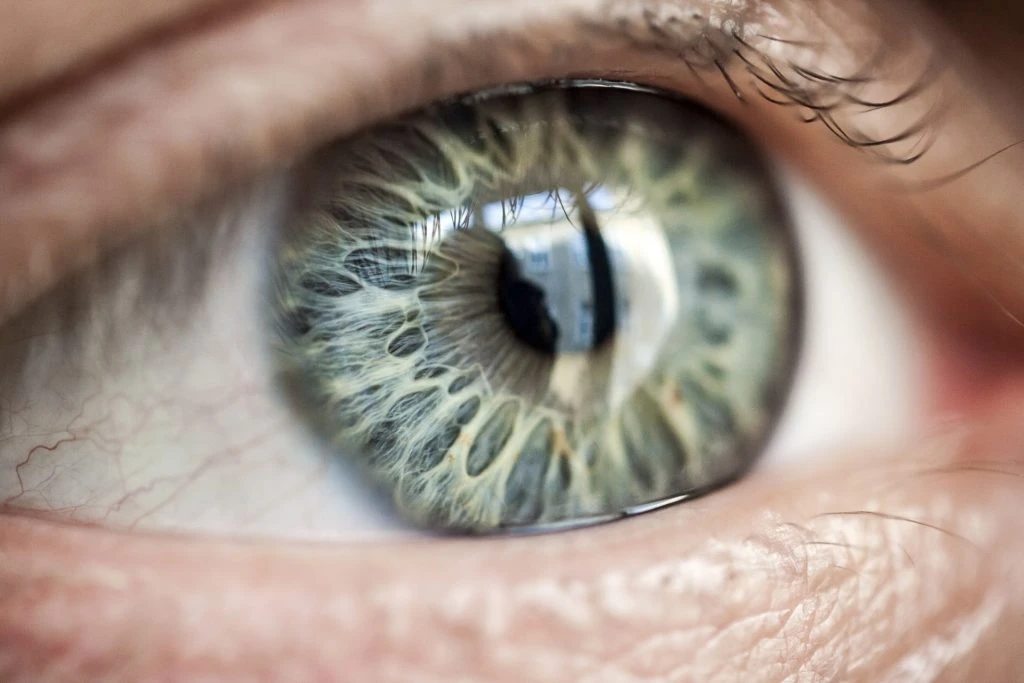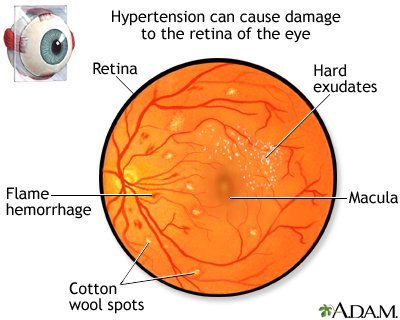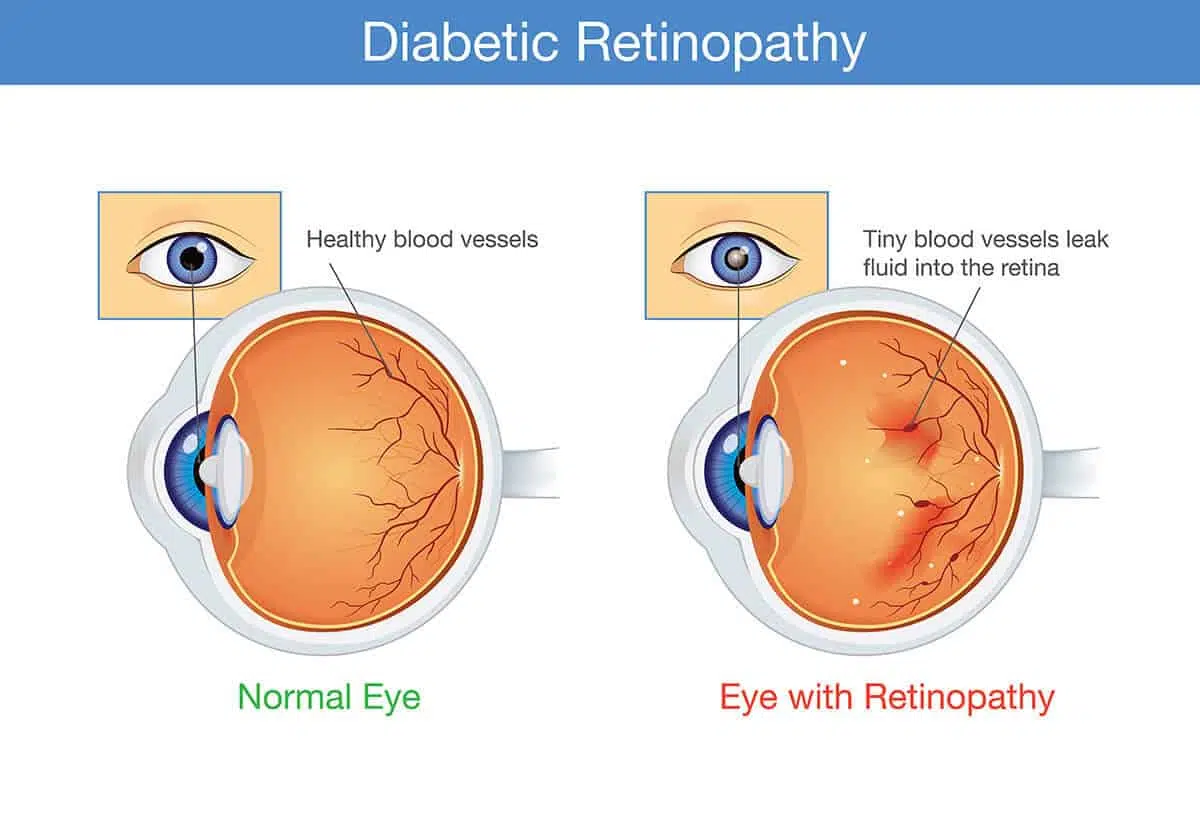Diabetic Retinopathy Treatment: A Comprehensive Guide by Dr. Neha Tiwari
Diabetic retinopathy is one of the most common complications of diabetes, affecting the eyes. Left untreated, it can lead to blindness. Fortunately, with early detection and treatment, vision loss can be slowed or even prevented. In this blog, Dr. Neha Tiwari, an experienced ophthalmologist, sheds light on the treatment options for diabetic retinopathy and what patients need to know.
What is Diabetic Retinopathy?
Diabetic retinopathy occurs when high blood sugar levels cause damage to blood vessels in the retina, the light-sensitive tissue at the back of the eye. Over time, these blood vessels can swell, leak, or close off entirely, depriving the retina of necessary nutrients. In severe cases, abnormal new blood vessels may grow on the surface of the retina, leading to further complications.
Key Symptoms:
- Blurred vision
- Dark or empty spots in vision
- Fluctuating vision
- Difficulty seeing at night
- Vision loss (in advanced stages)
Types of Diabetic Retinopathy
Non-Proliferative Diabetic Retinopathy (NPDR):
This is the early stage, where blood vessels in the retina become weakened and leak fluid or blood. It can progress from mild to severe based on the amount of damage.
Proliferative Diabetic Retinopathy (PDR):
In this advanced stage, new abnormal blood vessels grow in the retina, which can cause scarring, detachment of the retina, and significant vision loss. Treatment Options for Diabetic Retinopathy
The type and stage of diabetic retinopathy will determine the appropriate treatment. Dr. Neha Tiwari emphasizes that early intervention is key to preserving vision.
Control of Blood Sugar, Blood Pressure, and Cholesterol:
The first line of defense in preventing and slowing the progression of diabetic retinopathy is maintaining tight control of blood sugar levels. High blood pressure and cholesterol also contribute to retinal damage, so managing these is critical.
Anti-VEGF Injections:
Vascular Endothelial Growth Factor (VEGF) plays a significant role in the growth of abnormal blood vessels. Anti-VEGF injections, such as Ranibizumab (Lucentis) or Aflibercept (Eylea), are used to reduce swelling in the retina and stop the growth of these vessels, preserving vision. These injections are usually administered directly into the eye.
Laser Treatment (Photocoagulation):
In cases where the retina has developed abnormal blood vessels, laser treatment is used to shrink these vessels. Dr. Tiwari explains that this procedure can help reduce the risk of bleeding and fluid leakage, thus preventing further damage to the retina. Focal Laser Treatment: Targets specific leaky blood vessels.
Scatter Laser Treatment: Used in proliferative diabetic retinopathy to shrink abnormal blood vessels across a broader area of the retina.
Vitrectomy:
In advanced cases of diabetic retinopathy, where there is bleeding into the eye (vitreous hemorrhage) or retinal detachment, a vitrectomy may be needed. This surgical procedure involves removing the vitreous gel (the clear substance in the middle of the eye) and replacing it with a solution. Dr. Tiwari highlights that while vitrectomy is more invasive, it can be crucial in saving a patient’s vision.
Corticosteroid Implants:
In some cases, corticosteroid implants may be inserted into the eye to help reduce retinal swelling (macular edema) caused by diabetic retinopathy. The implants release medication slowly over time, reducing inflammation and preventing further damage. Prevention and Regular Screening
Regular Eye Exams:
Dr. Neha Tiwari emphasizes the importance of annual eye exams for all diabetic patients, even if they aren’t experiencing vision problems. Early detection of diabetic retinopathy is crucial to preventing irreversible damage.
Lifestyle Modifications:
- Maintaining a healthy diet
- Regular physical activity
- Quitting smoking
- Monitoring blood sugar, blood pressure, and cholesterol levels
These changes can significantly reduce the risk of developing diabetic retinopathy and other diabetes-related complications.
Conclusion
Diabetic retinopathy is a serious condition that requires proper management and timely treatment. Under the care of an expert like Dr. Neha Tiwari, patients have access to a range of treatment options that can help preserve their vision. Whether it’s through lifestyle changes, medications, or surgical procedures, early intervention can make a significant difference.
If you are diabetic or experiencing any changes in your vision, schedule an eye exam with Dr. Neha Tiwari today. Early detection and treatment can help protect your eyesight for years to come.









